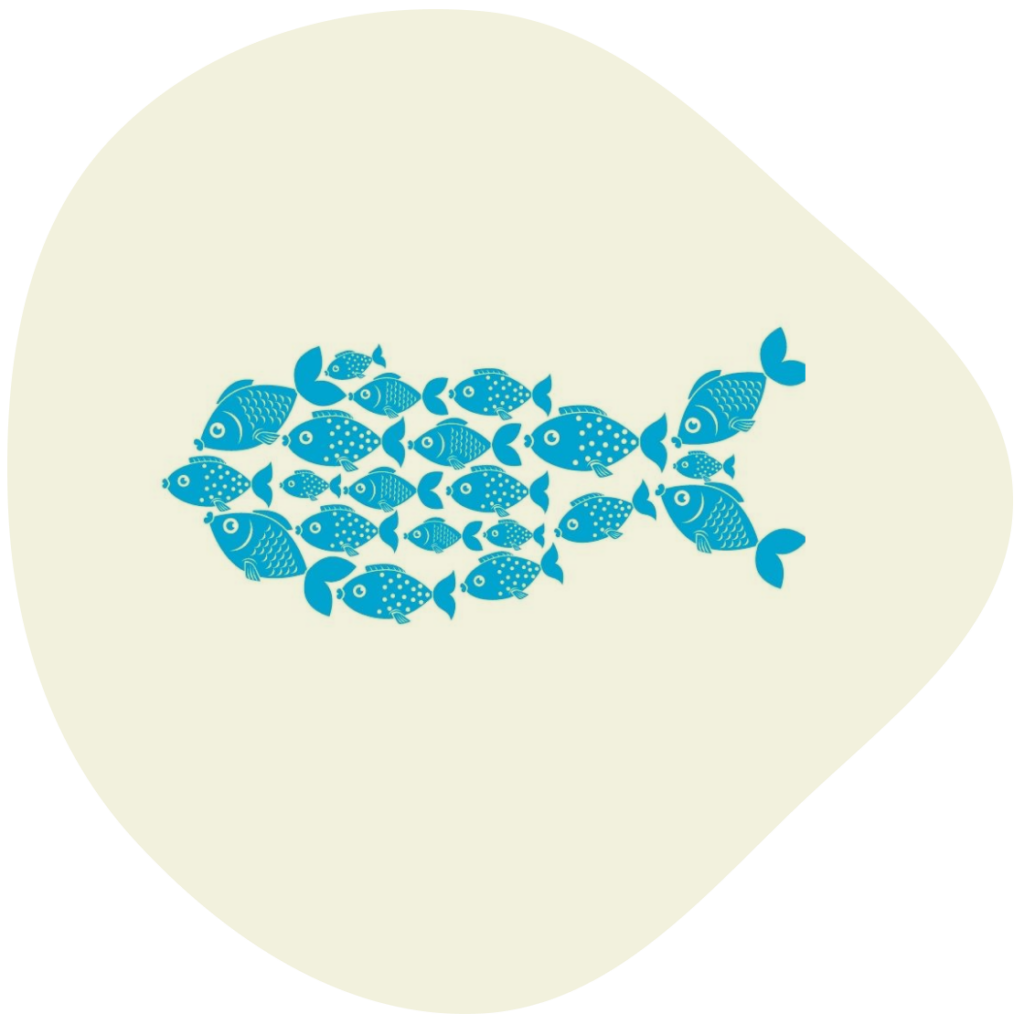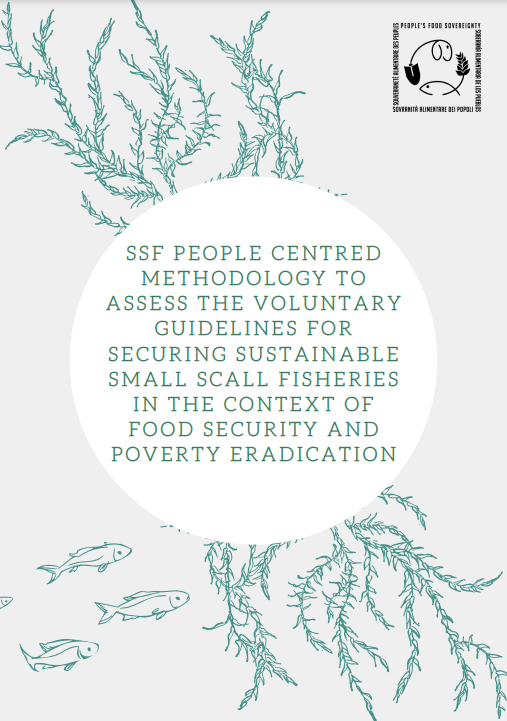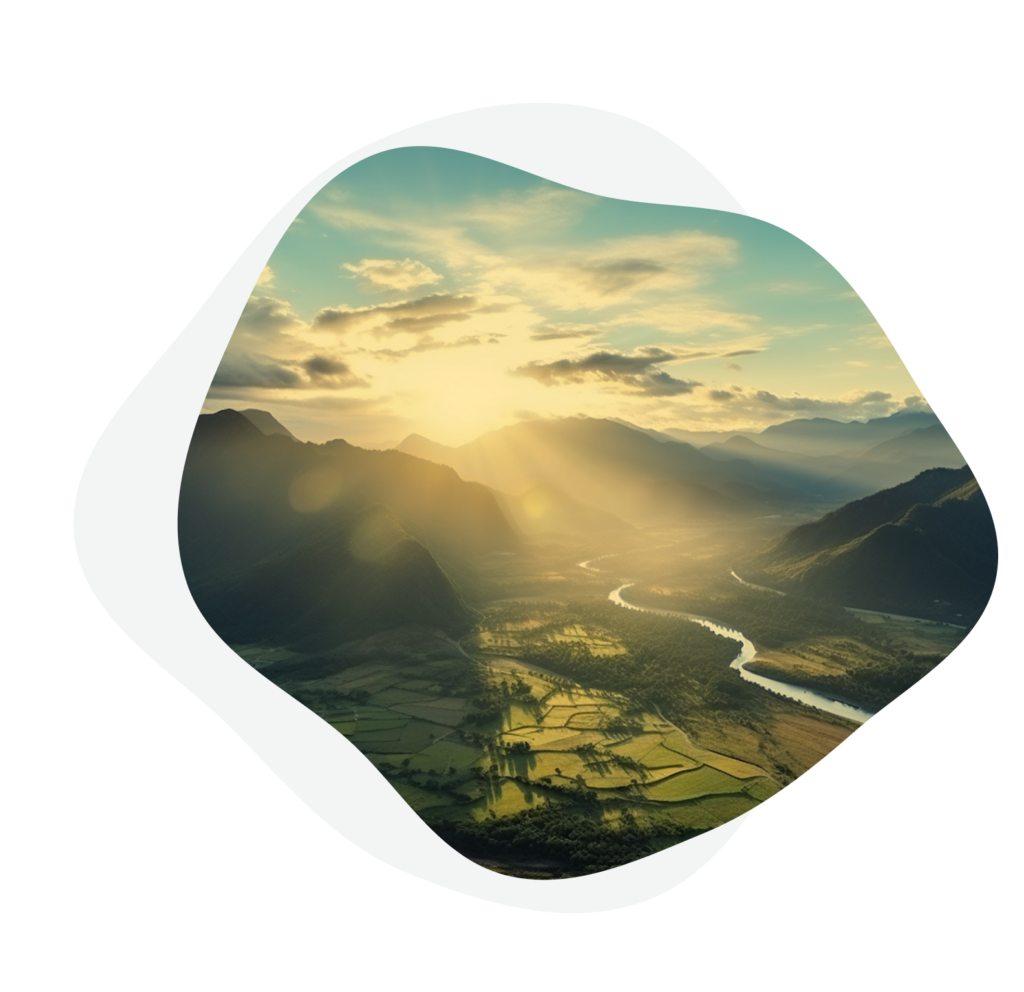The FAO Committee on Fisheries (COFI)
The FAO Committee on Fisheries is the only global inter-governmental forum where major international fisheries and aquaculture problems and issues are examined, and recommendations addressed to governments, regional fishery bodies, NGOs, fishworkers, FAO and the international community, periodically on a world-wide basis. Read more on our participation in the COFI 36.
The Sub-Committee on Fisheries Management is a space to provide essential technical and policy guidance on fisheries governance and management, in which the IPC organizations participate as observers. Read more on our participation in the 1st Sub-Committee on Fisheries Management













